Home
A coronavirus vaccine developed by the University of Oxford, tested on 1,077 people, was found to induce antibodies and T-cells that could fight the virus. Boris Johnson, the Prime Minister, said he hoped for a ‘significant return to normality from November, at the earliest, possibly in time for Christmas’. At the beginning of the week, Sunday 19 July, total deaths from Covid-19 stood at 45,273, with a seven-day average of 68 deaths a day. But Professor Carl Heneghan of Oxford University discovered that anyone who had tested positive for coronavirus but died later of another cause was included in the Public Health England figures. The Queen knighted Captain Sir Thomas Moore, aged 100, on the grass of Upper Ward in Windsor Castle.
Britain suspended its extradition treaty with Hong Kong; Dominic Raab, the Foreign Secretary, told parliament that China’s imposition of security laws was a ‘serious violation’ of Hong Kong’s international obligations. On a two-day visit, Mike Pompeo, the US Secretary of State, said that Britain was right to end 5G plans for Huawei: ‘I think that decision was made not because the US said it was a good decision.’ A report called ‘Russia’ (held back since before the general election in December) by MPs and peers on the Intelligence and Security Committee concluded that ‘Russia’s cyber capability, when combined with its willingness to deploy it in a malicious capacity, is a matter of grave concern’. The government ‘had not seen or sought evidence of successful interference in UK democratic processes’ including the 2016 Brexit referendum. The report came out six days after the Conservative whip was withdrawn from Julian Lewis, who had persuaded opposition MPs to elect him chairman of the Intelligence and Security Committee, which the government wanted for Chris Grayling. Britain’s National Cyber Security Centre joined American and Canadian security bodies in saying that Russian spies were targeting organisations trying to develop a coronavirus vaccine. Lord Hutton, the former Lord Chief Justice of Northern Ireland, who led an inquiry into the death of the government weapons expert Dr David Kelly, died aged 89.
The government borrowed £127.9 billion in the second quarter, April to June, compared with £55.4 billion for the whole of last year. Total government debt rose to £1,980 billion. The government awarded teachers a 3.1 per cent pay rise; doctors 2.8; police 2.5 and judges 2. The period for which 50,000 of its staff would work from home was extended by Royal Bank of Scotland from September until January. Marks & Spencer said it was cutting 950 jobs. German delivery company Hermes said it would create 10,500 jobs in Britain.
Abroad
The total number in the world who had died with coronavirus was 604,445 by the beginning of the week; a week earlier it had been 567,035. Of those the United States had seen 142,877. An Indian government survey showed that 23.5 per cent of people in Delhi had been infected with coronavirus. In Aragon, Spain, 92,700 mink were culled at a farm at the village of La Puebla de Valverde after most were found to have coronavirus.
Leaders of EU countries, often wearing masks, wrangled for days on the community’s budget. The self-styled Frugal Four (Holland, Sweden, Denmark and Austria), supported by Finland, objected to grants, not loans, being made available for coronavirus relief. Feelings ran so high that President Emmanuel Macron of France compared Mark Rutte, the Prime Minister of Holland, with David Cameron. After the fourth night, they agreed to €390 billion in grants to member states hardest hit by the pandemic, and a further €360 billion in low-interest loans. Apple would not have to pay £11.6 billion in back taxes to Ireland after winning an appeal in the European Union’s General Court. Twitter said hackers had ‘manipulated a small number of employees’ to get into 130 users’ accounts, including those of Barack Obama, Elon Musk and Bill Gates, and send out fraudulent offers to double Bitcoin payments.
The US Justice Department charged two Chinese men who allegedly spied on companies doing coronavirus research. Egypt’s parliament, which has supported the rebel General Khalifa Haftar in Libya, voted to authorise use of its military abroad. The Grand Ethiopian Renaissance Dam on the Blue Nile began to build up a reserve of water, a process expected to take seven years to amass 19,500 billion gallons. CSH
Got something to add? Join the discussion and comment below.
Get 10 issues for just $10
Subscribe to The Spectator Australia today for the next 10 magazine issues, plus full online access, for just $10.
You might disagree with half of it, but you’ll enjoy reading all of it. Try your first month for free, then just $2 a week for the remainder of your first year.

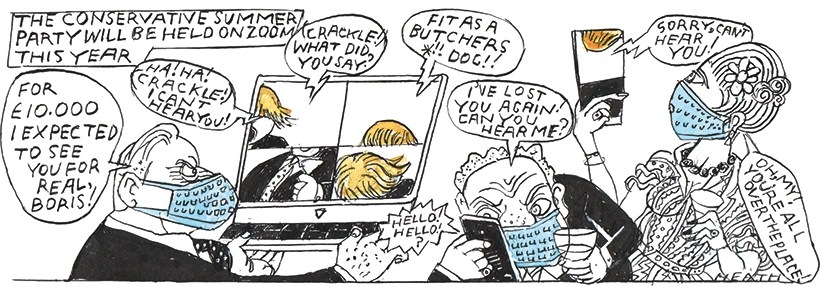
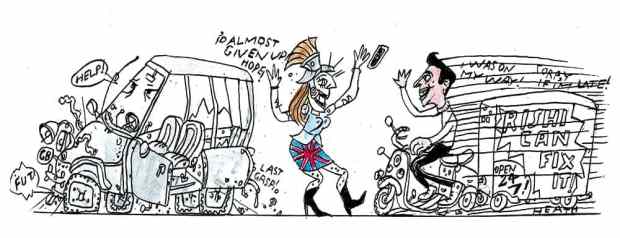
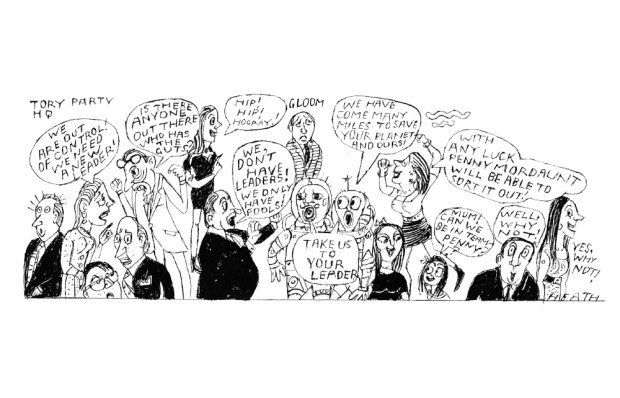

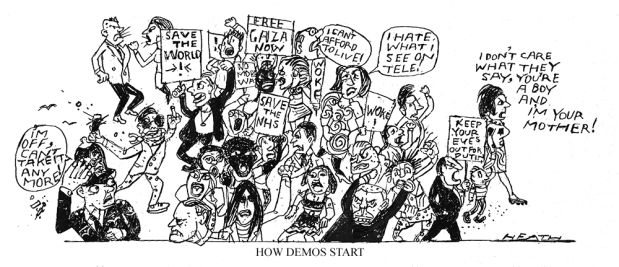

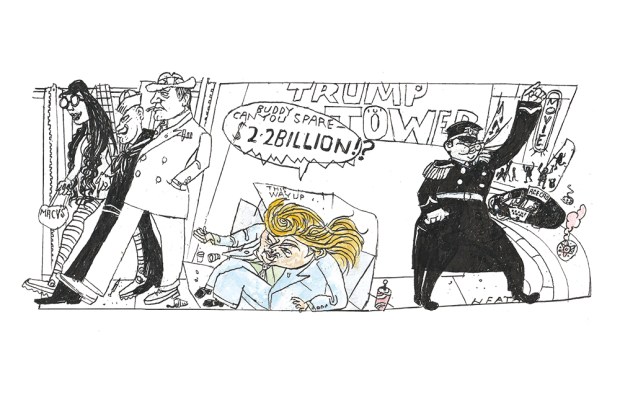






Comments
Don't miss out
Join the conversation with other Spectator Australia readers. Subscribe to leave a comment.
SUBSCRIBEAlready a subscriber? Log in